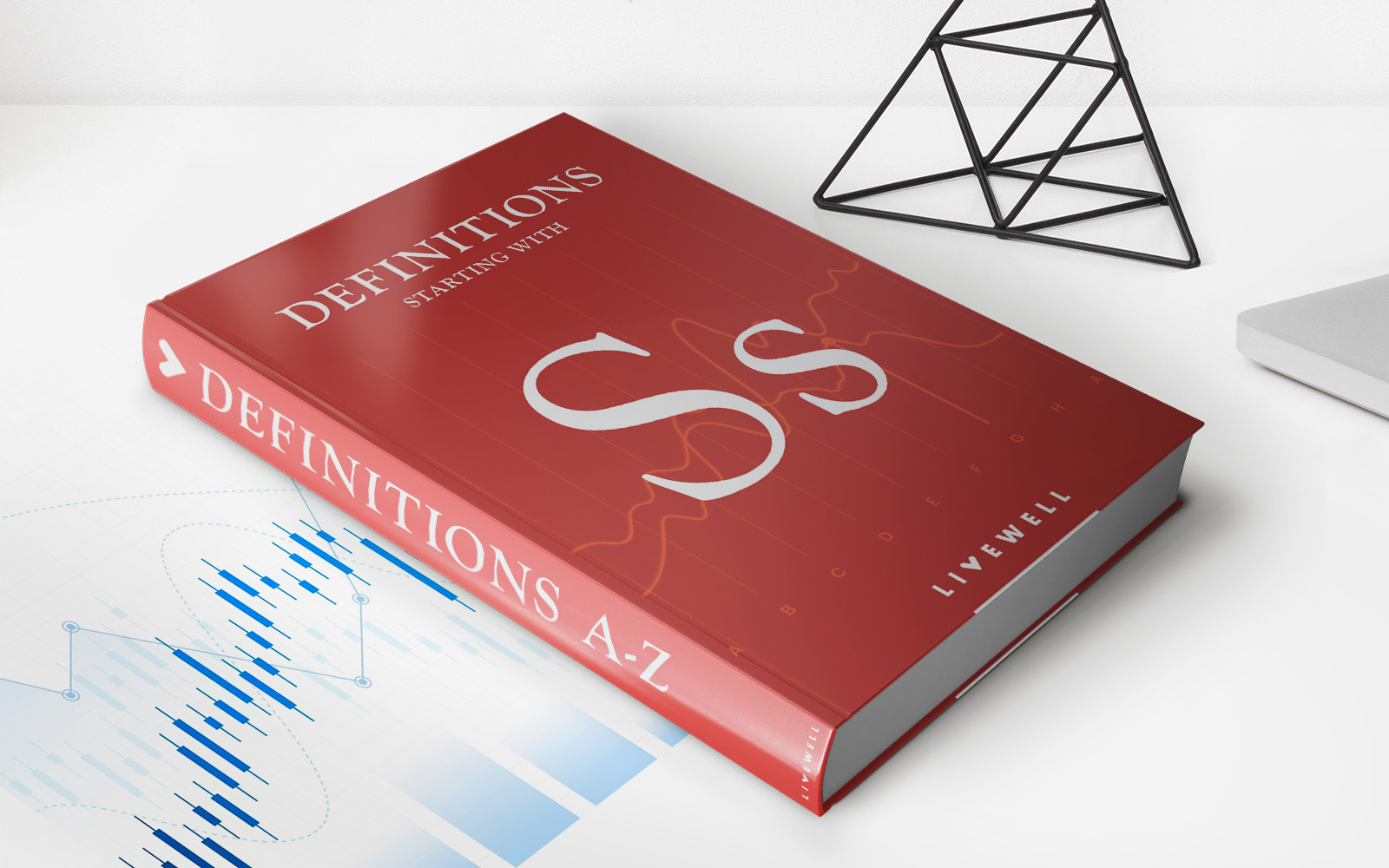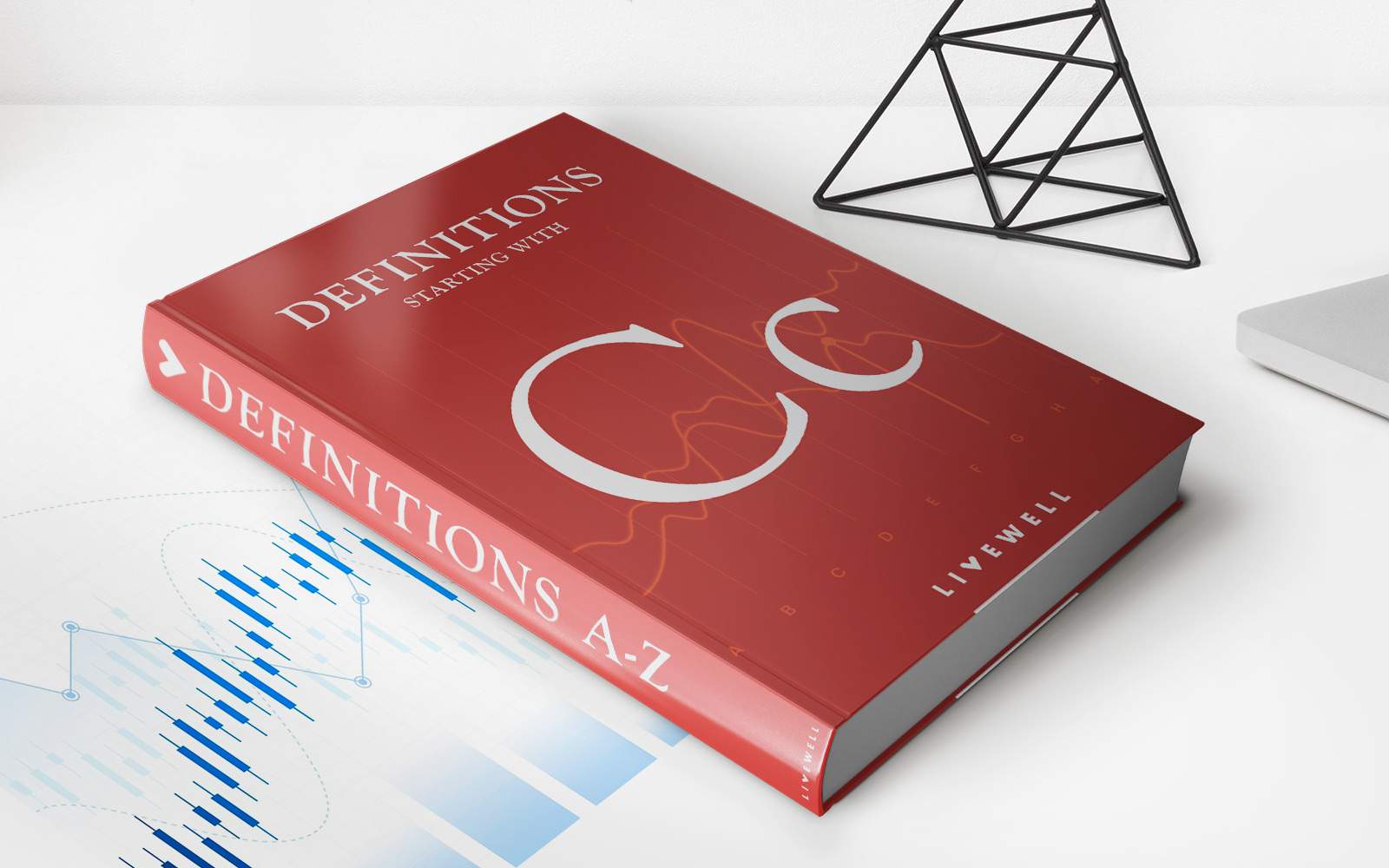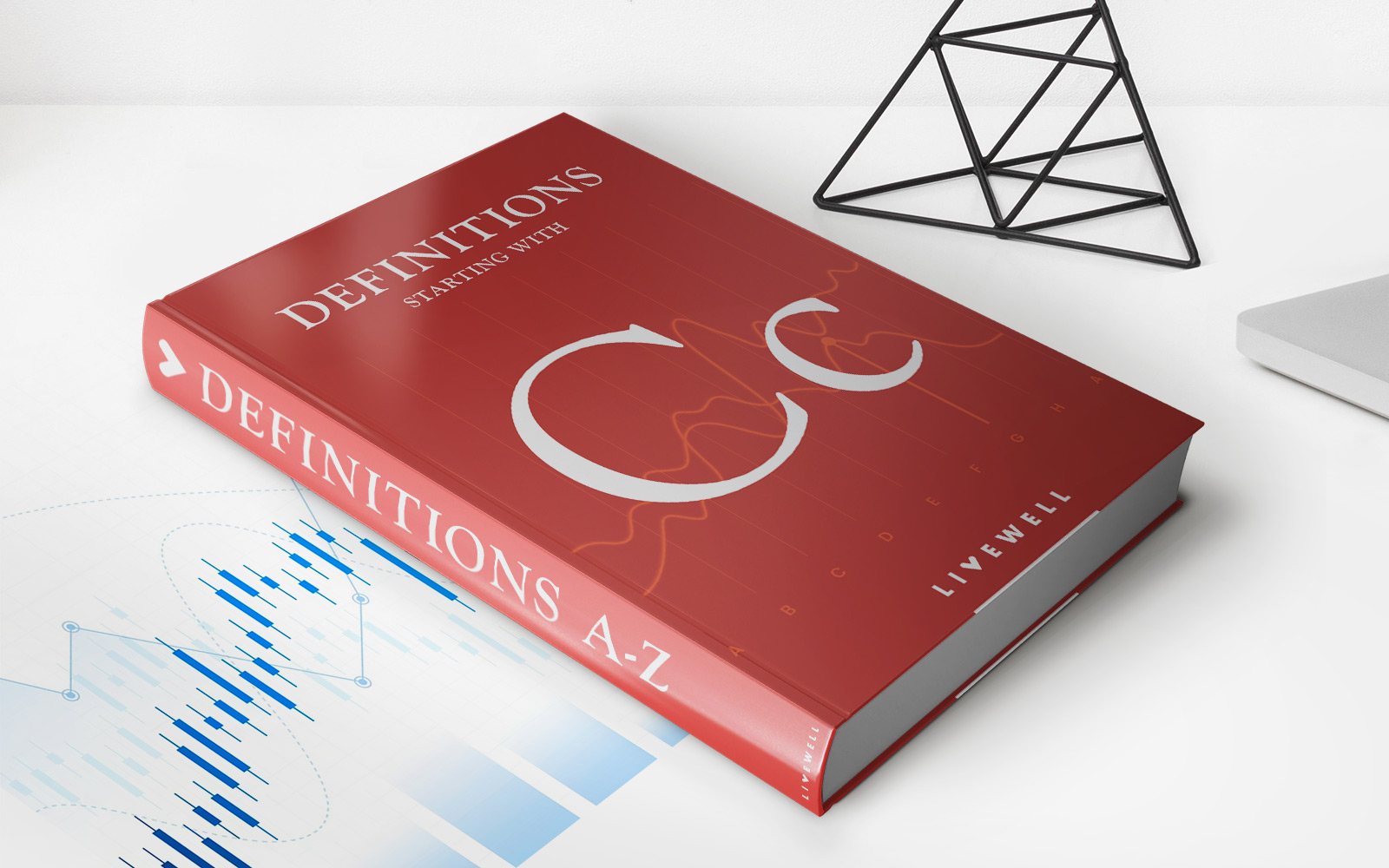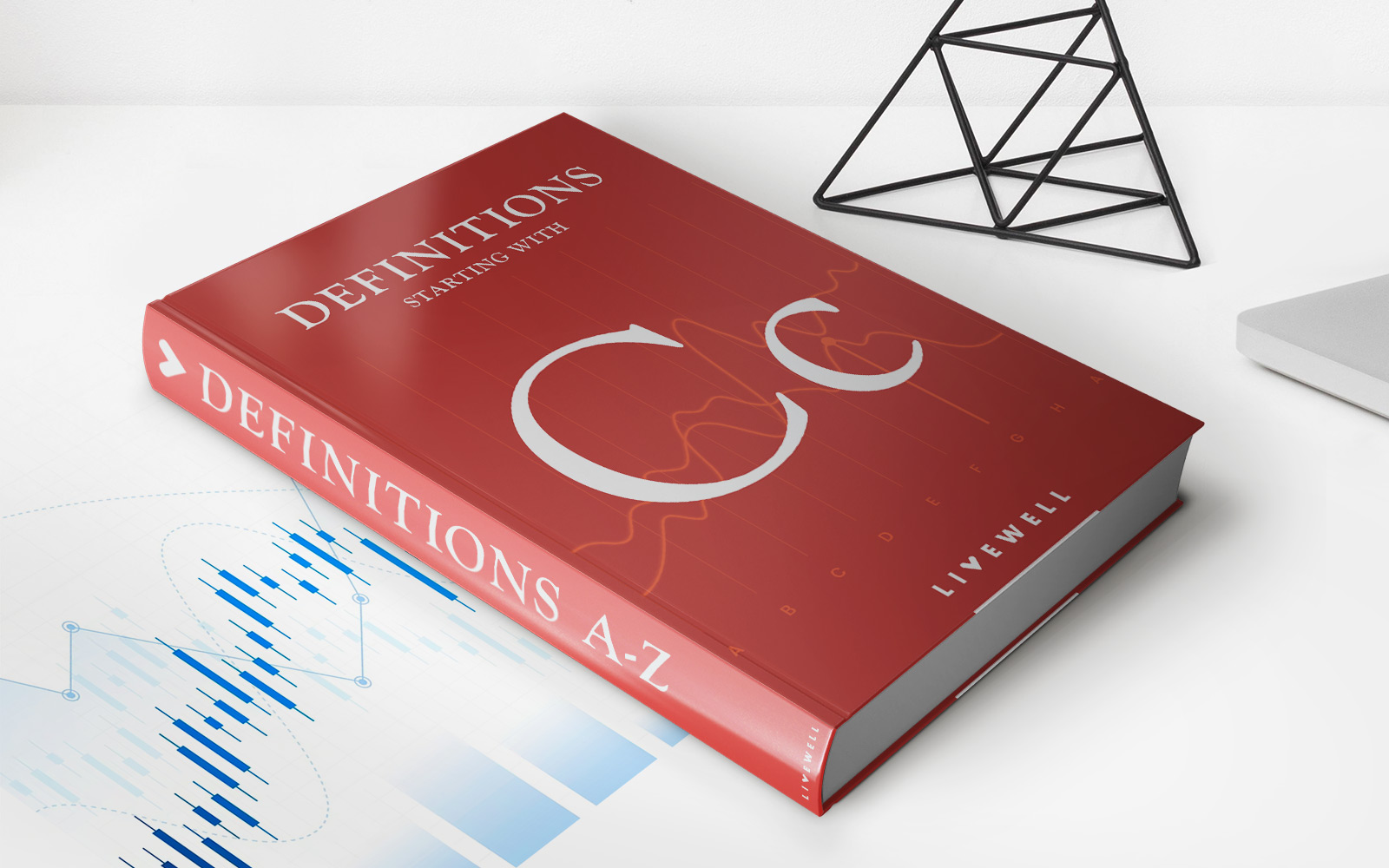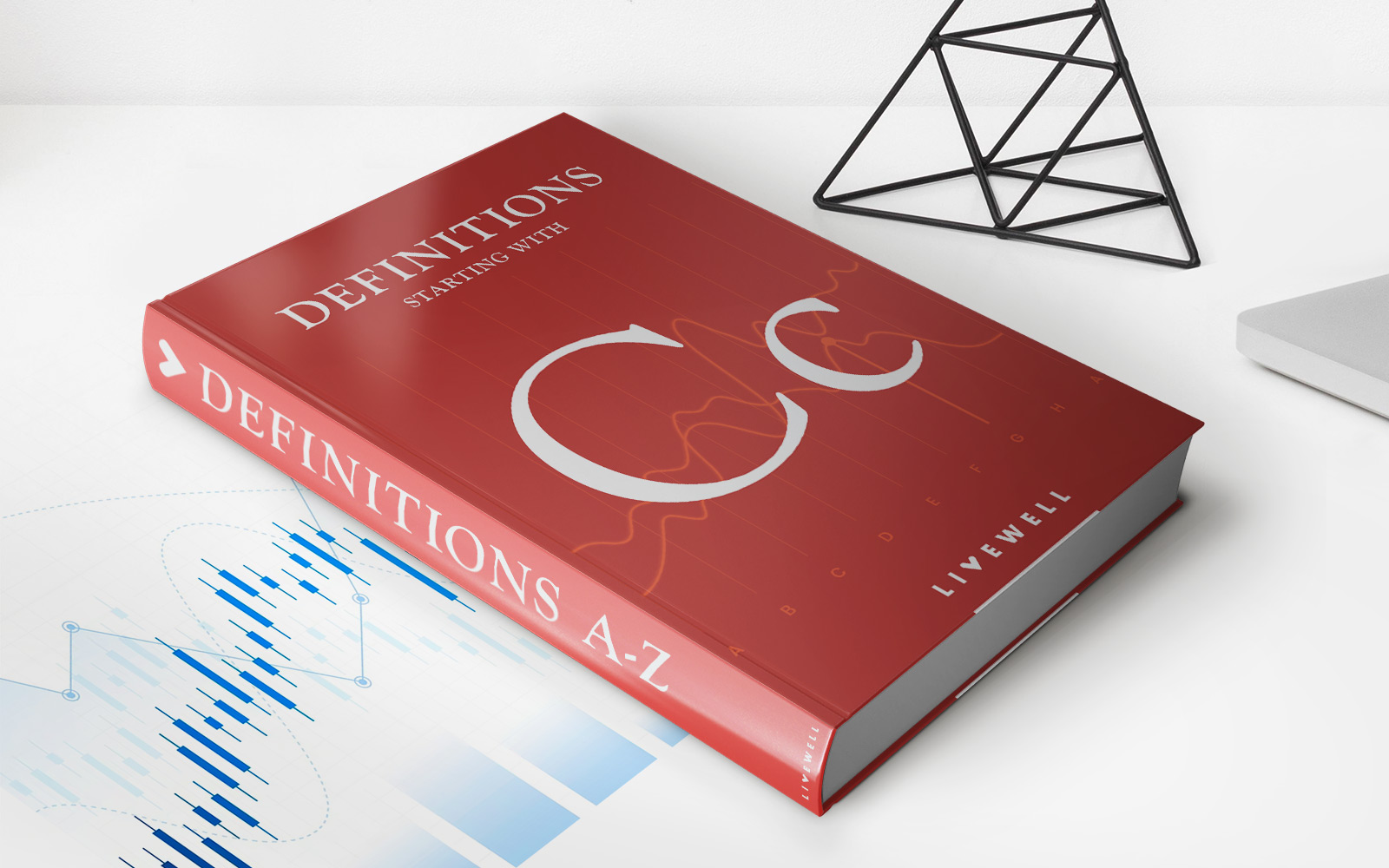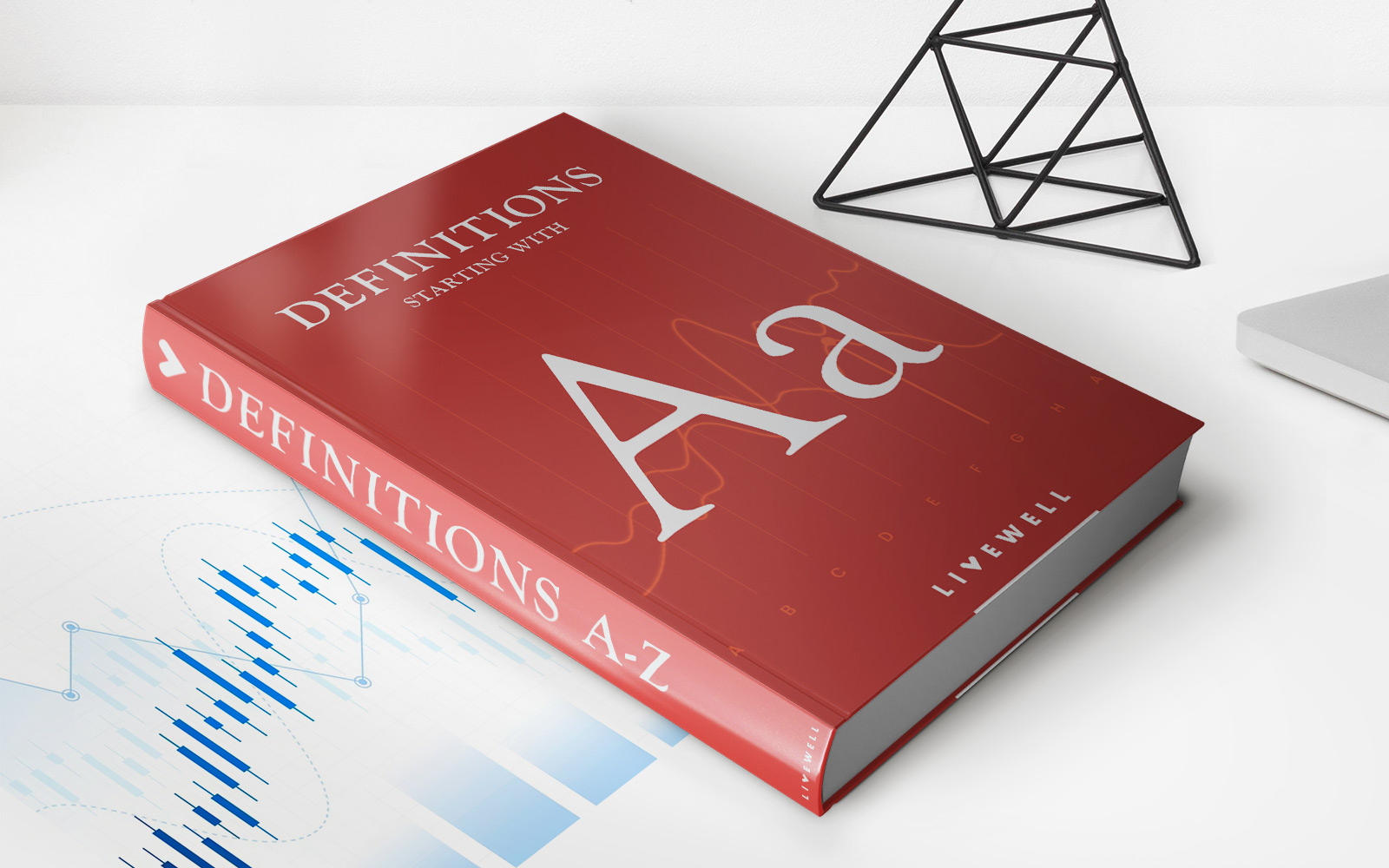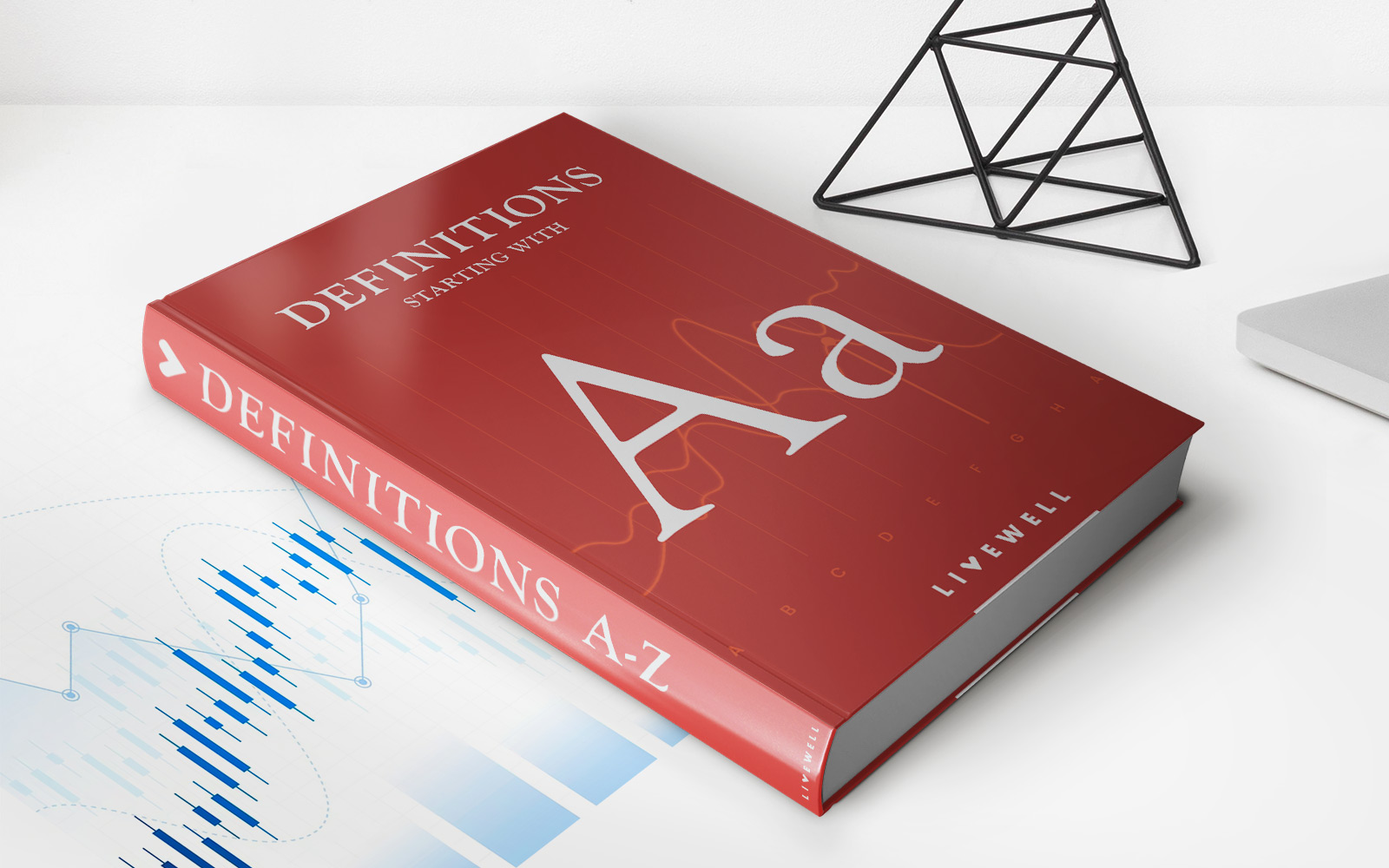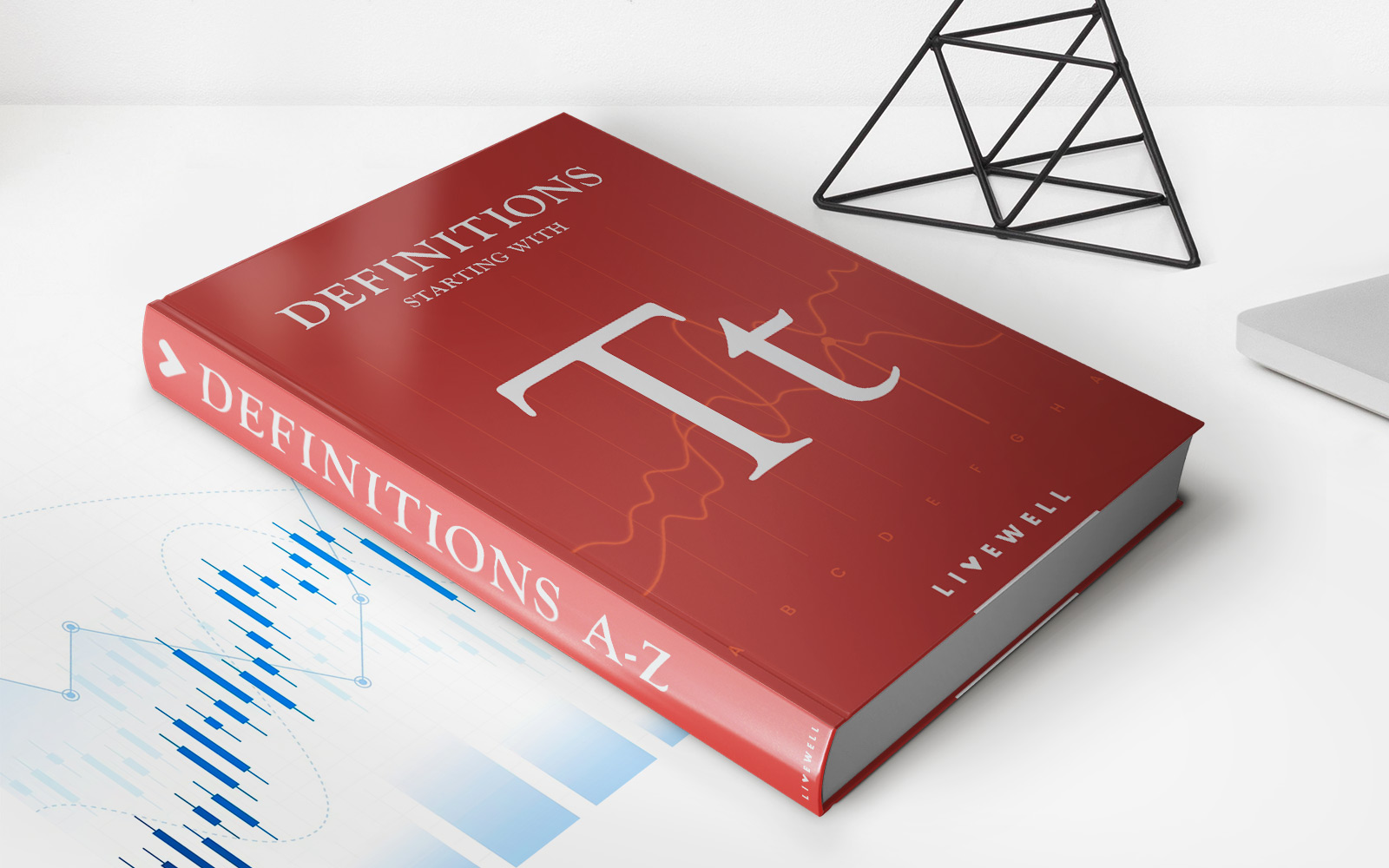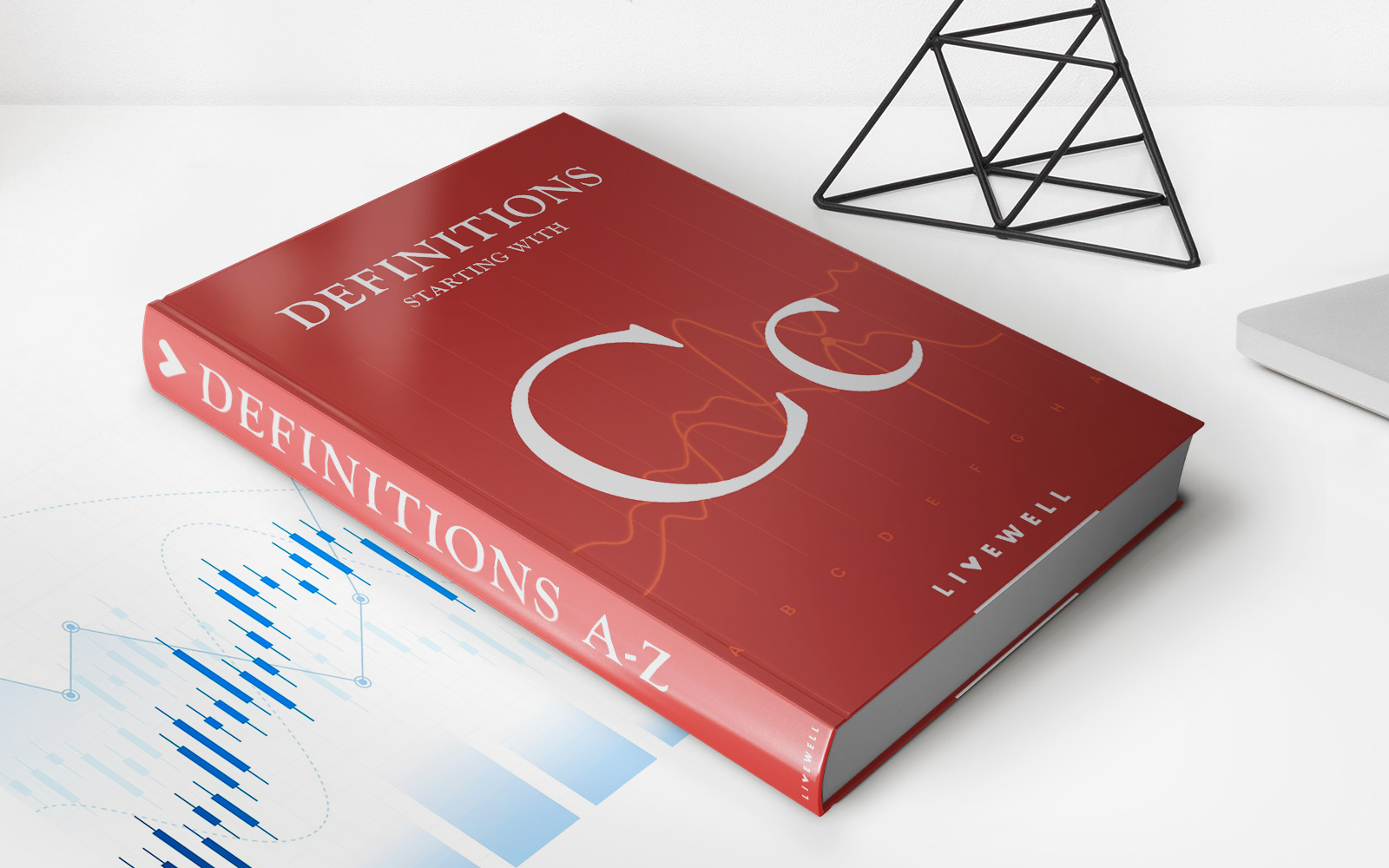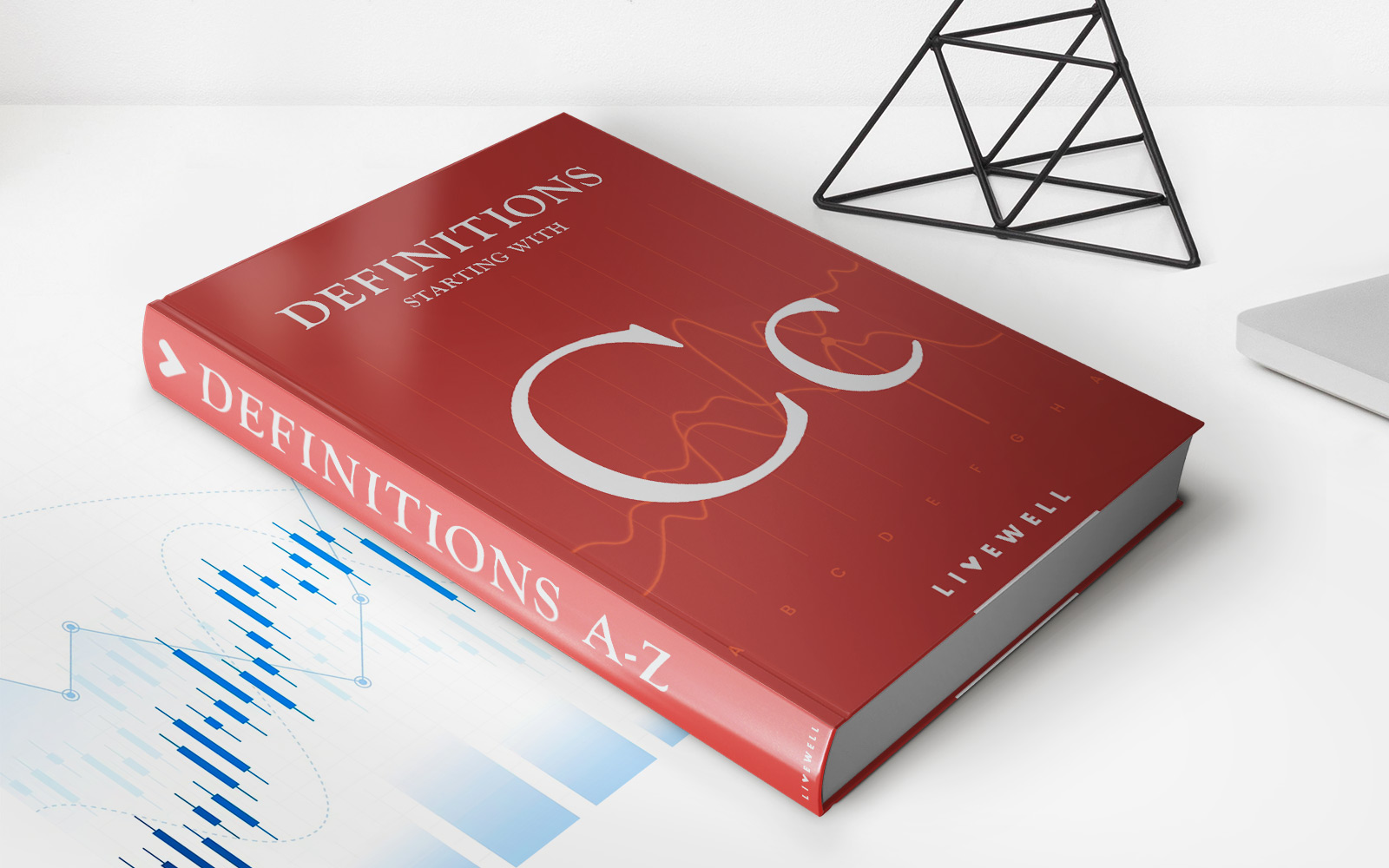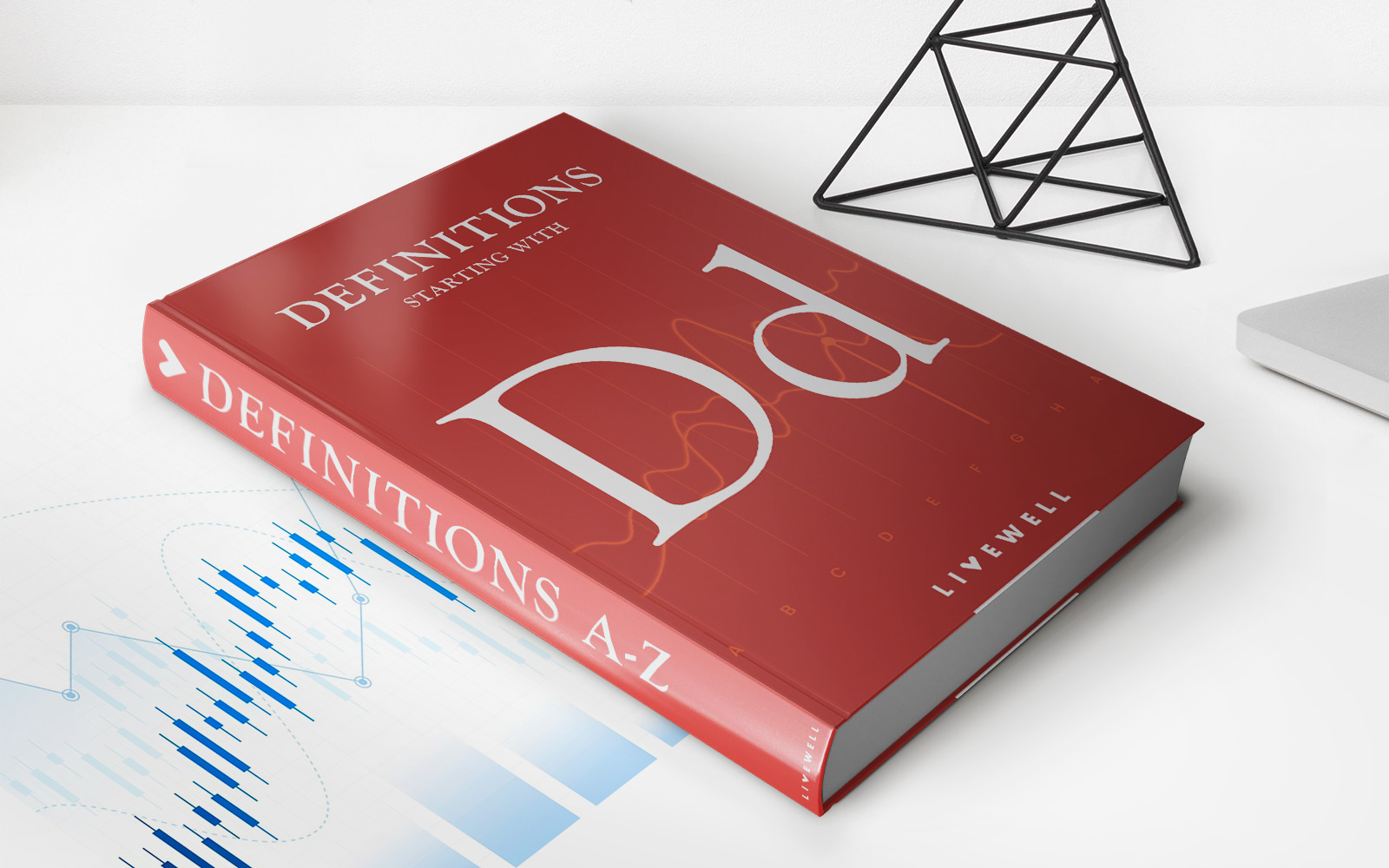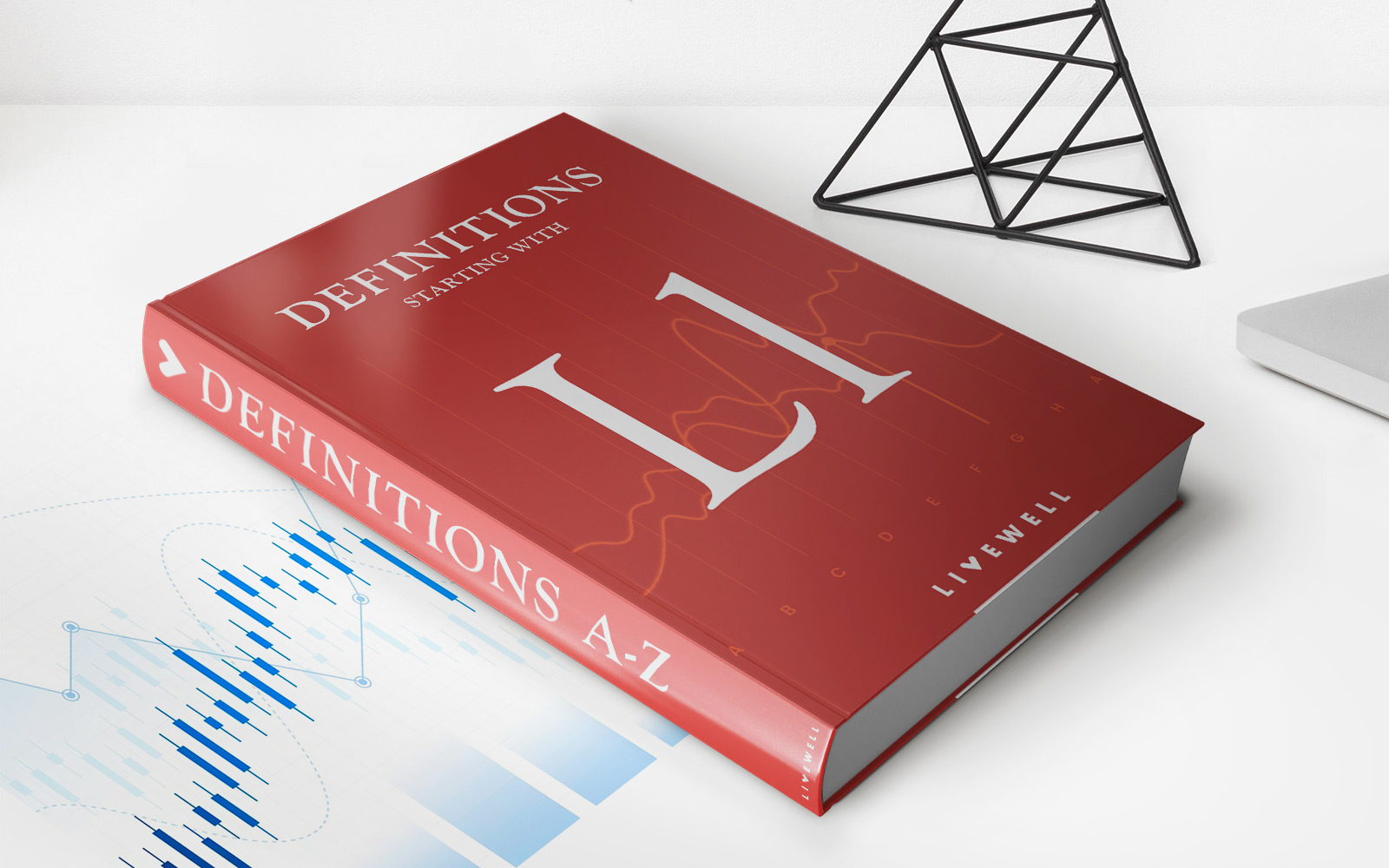

Finance
Loose Credit Definition
Published: December 20, 2023
Learn the definition of loose credit in finance and understand its impact on the economy. Discover how loose credit policies can affect borrowing and lending practices.
(Many of the links in this article redirect to a specific reviewed product. Your purchase of these products through affiliate links helps to generate commission for LiveWell, at no extra cost. Learn more)
Understanding Loose Credit Definition: What Does it Mean for Your Finances?
When it comes to managing your finances, it is essential to have a clear understanding of various financial terms. One such term that you may come across while dealing with loans, credit cards, or mortgages is “loose credit.” But what does loose credit mean, and how does it impact your financial situation? In this article, we will delve into the definition of loose credit and shed light on its implications for your money matters.
Key Takeaways:
- Loose credit refers to a lenient lending environment where financial institutions are more willing to extend credit to borrowers.
- A loose credit policy can potentially lead to an increase in debt, inflation, and economic instability.
What is Loose Credit?
Loose credit, in simple terms, refers to a situation where lenders relax their borrowing criteria and become more generous in extending credit to borrowers. In such an environment, financial institutions are more lenient in evaluating creditworthiness, making it easier for individuals and businesses to obtain loans, credit cards, and other forms of credit.
During periods of loose credit, interest rates may be lower, lending requirements may be less stringent, and borrowing limits may be higher. This relaxed lending environment can tempt individuals to take on more debt than they can handle, as the availability of credit seems more abundant and accessible.
Such an expansionary credit policy can stimulate economic growth and provide liquidity in the financial system. However, it is crucial to understand the potential downsides and implications of loose credit.
The Implications of Loose Credit
1. Increase in Debt: Loose credit can lead to an increase in consumer and corporate debt. With easier access to credit, individuals and businesses may be inclined to borrow more than they can afford, leading to a debt burden that becomes difficult to manage in the long run.
2. Inflation and Economic Instability: Excessive credit expansion can also fuel inflationary pressures and contribute to economic instability. When there is a surge in borrowing, it can drive up demand for goods and services, potentially leading to higher prices and an overheated economy. This can have adverse effects on the overall stability and functioning of the financial system.
It is worth noting that loose credit is often a cyclical occurrence and tends to coincide with periods of economic expansion. In contrast, during economic downturns, financial institutions tend to tighten their lending standards, leading to a more restrictive credit environment known as “tight credit.”
Conclusion
Understanding the concept of loose credit is crucial for managing your finances effectively. While it may seem tempting to take advantage of easy access to credit, it is important to assess your financial situation and borrow responsibly. Remember, falling into excessive debt can have long-term consequences on your financial stability. Being aware of the potential risks associated with loose credit can help you make informed decisions and navigate the borrowing landscape intelligently.
For comprehensive financial management, consult with a professional advisor who can guide you in making sound financial choices that align with your long-term goals.
